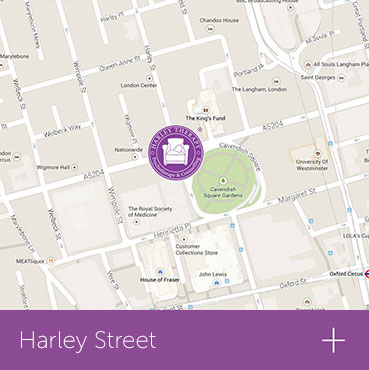An exciting and powerful new field of medicine, pharmacogenetic testing means the best and safest outcome for your mental health care and treatment.
What is pharmacogenetic testing?
A form of precision medicine, pharmacogenetic testing (PGx) looks at your DNA to understand how your genetic makeup will affect your response to certain drugs, such as how quickly you will metabolise them. This allows your doctor to offer you a medical treatment as tailored as possible to you and your exact needs.
Pharmacogenomics and mental health
Psychotropic drugs are not a one-size fits all experience but can involve trial and error. In the case of medications for depression, for example, not everyone responds well to the first medication they are offered, side effects can vary, and some medications can even risk making you feel worse, or simply not work for you at all.
Psycho pharmacogenetic testing means less guesswork, and that you receive a medication with a higher likelihood of helping you from the very first time you are treated.
The benefits of PGx tests
Benefits of PGx testing include:
- avoiding medications that simply won't work for you
- quickly zoning in on the reasonable options
- not taking a dose beyond what you actually need
- fewer side effects to your treatment and a safer experience
- less clinical appointments, saving you time and energy.
Personalised medication in central London
At Harley TherapyTM we offer psychiatric pharmacogenetic testing at our comfortable and discreet offices on Harley Street and also remotely. Your testing and treatment can in some cases be overseen by the same expert psychiatrist, meaning a cohesive, confidential, and highly personalised experience that you can trust.
Is it a painful process?
Not at all. Pharmogenetic testing is easy, painless, and minimally invasive. Collecting your DNA sample simply involves a swab of the side of your mouth that you do yourself in the comfort of your own home.
How many appointments are involved?
A 50-minute assessment with your psychiatrist will thoroughly explore your symptoms, prior medical treatments, and how you have responded to medications in the past. Only in particularly complicated cases is an additional assessment appointment required.
From there you will receive a test kit in the post. After taking a swab from the inside of your cheek and posting it in a pre-paid mailer, you will receive your lab results. A second appointment discusses these results, as well as your psychiatrist's clinical analysis of your situation and their treatment recommendations.
View the ExpertsHow to book your appointment
Call us now on 0345 474 1724 OR book online
All practitioners are qualified and accredited with reputable professional associations.

Pharmacogenetic testing can optimise treatment for:
- anxiety disorders
- attention deficit hyperactivity disorder (ADHD)
- bipolar disorder
- borderline personality disorder (BPD)
- depressive disorders
- mood disorders
- obsessive compulsive disorder (OCD)
- post-traumatic stress disorder (PTSD)
- psychotic disorders
- social anxiety and panic syndromes
- schizophrenia
- trauma-related syndromes.
Fees
- £2972 which includes a 50-minute consultation, all lab fees, and a 50-minute follow-up appointment and report.
Enquiry Form
To make an enquiry, please fill in this confidential form. Our dedicated administrators will review your needs and get back to you as soon as possible.
Who should get pharmacogenetic testing?
If you are going to be taking a drug that has varying results, it can be very useful. An overview of research on the effectiveness of psycho pharmacogenetic testing and major depressive disorder found that it led to individuals being almost twice as likely to achieve remission.
How do pharmacogenetics work? What is the science behind it?
It revolves around how your genes dictate the way you will metabolise a drug. By studying the specific genes that encode your metabolic enzymes, it is possible to know whether your unique set of metabolic enzymes will mean you have slow or fast uptake of a drug.
What is the difference between pharmacogenomics and pharmacogenetics?
They are used interchangeably when talking about testing, as they both are about how genetics affect our drug responses. But for scientists and doctors there is actually a slight difference, and the easiest way to think about is is singular vs plural. Pharmacogenetics really refers to a single drug and gene interaction. Pharmacogenomics is a wider approach, looking at how several genes react to a drug, as well as changes to how your genes work from the interaction, such as if there are multiple mutations at once.




